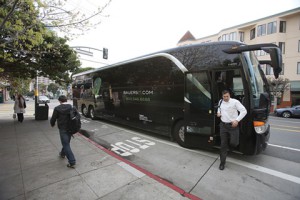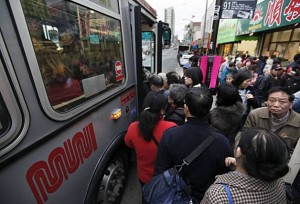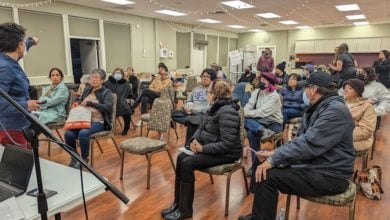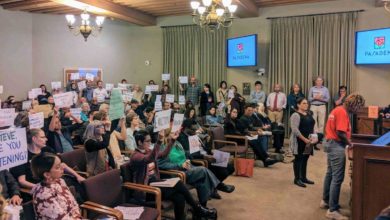
On Labor Day, San Francisco public transportation fees increased. This was the first increase since 2009—when a formula was created tying public transit fees to the Consumer Price Index (CPI).
Single fares are now $2.25. Monthly passes are up $4 if you ride BART and MUNI to $80 a month. If you don’t ride BART, the MUNI-only pass is up $2 to $68 a month. Lifeline passes for low-income riders are now $34 a month.
Low-income riders are defined as single people who make less than $22,980 a year and two people who make less than $31,020 a year. I have a larger point to make but let’s pause for a second and recognize this definition of low-income as totally preposterous in this city. Rents have jumped 58 percent in TWO years. Evictions are up 38 percent in FOUR years. The median rent in the beginning of 2014 was $3200–8 percent higher than last year at the same time. The cost of living—not just rent but food, transportation, etc.—is too high to believe that $22,980/year is the highest definition of low-income. Twice that would be more accurate.

The public transit fares will continue to rise—thanks to the CPI. Meanwhile, the tech companies continue to offer quiet, free, spacious transportation to tech workers who should be taking public transit like the rest of us. The private Google [read tech] bus operators pay the city a dollar to use each public bus stop. Working people who stop their cars in bus stops are charged $271. Workers who take public transit are charged more and more for a public service that should be free.
The public vs. private transit for workers is just another highly visible aspect of the creation of two cities in San Francisco—one for the rich owners and their inordinately well-paid workers—and one for the masses of poorly-paid workers.
It is important to note that the only passes that didn’t rise were youth, disabled and senior passes. This is a calculation that recognizes the work of community organizers who fought for a free MUNI youth pass program that will stand until June 2016 at least. An increase in these particular passes would be highly unpopular and almost certainly face immediate organized response.
Organization, organization, organization … That is the recipe for slowing and ultimately ending this constant rise of costs for working people in a city that is being shaped in the interests of an entirely different group of people. The resources exist here to provide free, quality public transportation to all people who live here. It is up to us to build the organizations and public consciousness to make that a reality.





